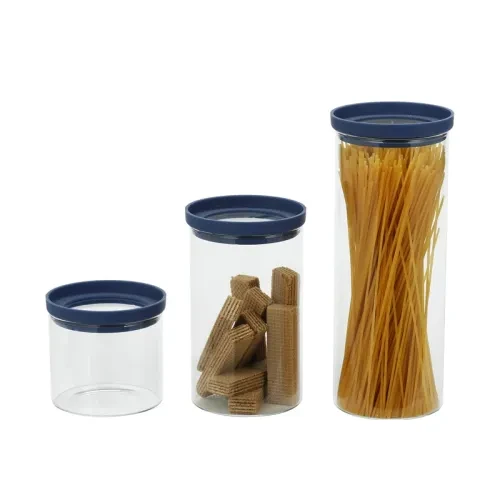Vitamins are organic compounds required by cows in minute quantities to sustain bodily functions. They can be classified into two main categories fat-soluble and water-soluble vitamins. Fat-soluble vitamins, such as A, D, E, and K, are stored in the body’s fat tissues and liver, whereas water-soluble vitamins, including the B-complex vitamins and vitamin C, are not stored and must be replenished more frequently.







